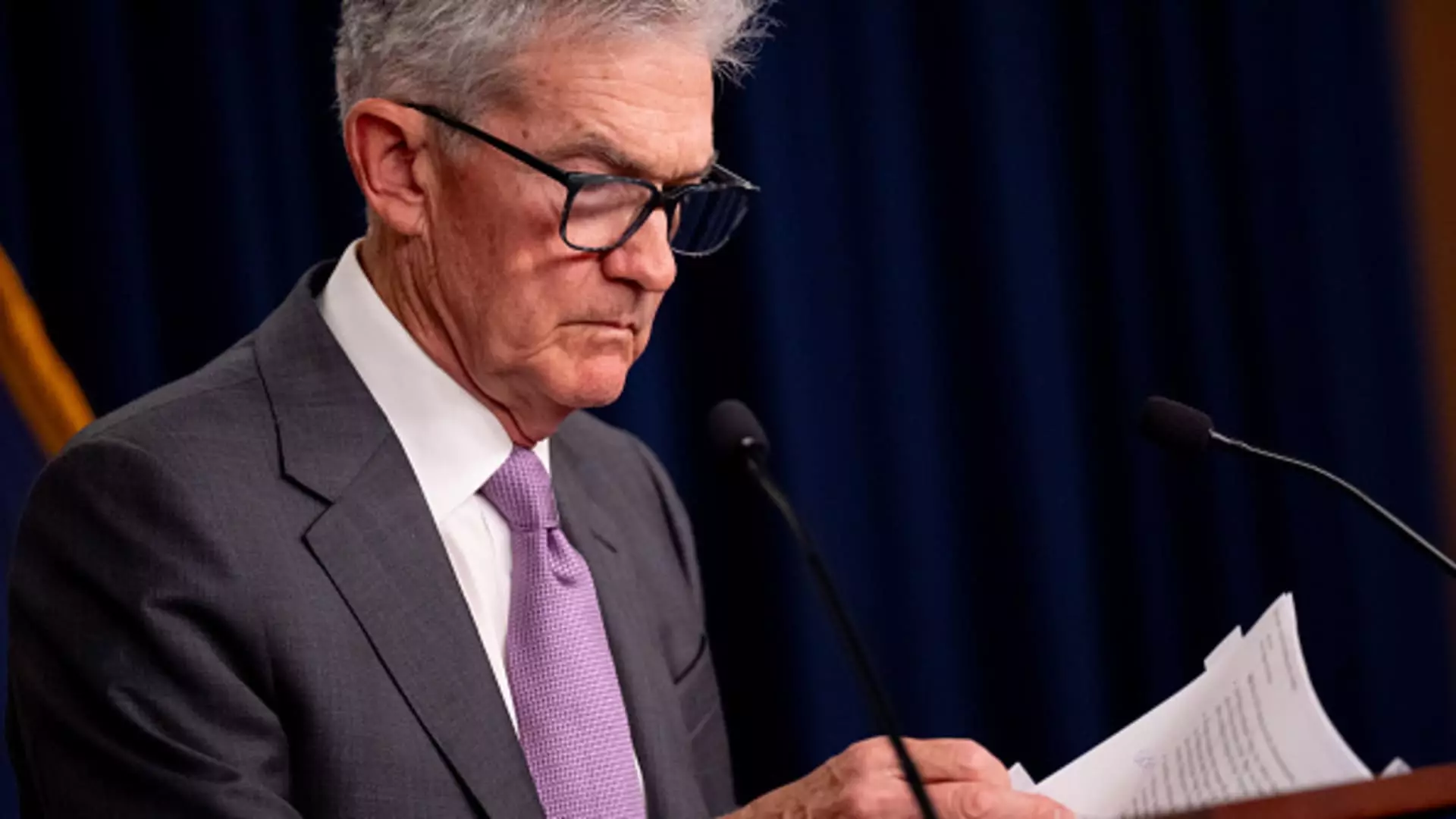The Federal Reserve is facing a critical moment where it must decide how to respond to the increasing fears of an impending recession. Despite creating jobs and the stock market being near record highs, recent disappointing economic data has raised concerns that the Fed may have missed the opportunity to take preemptive action. The possibility of a half-point rate cut in September seems to be the general consensus among economists and investors.
Many on Wall Street believe that a recession is not inevitable at this point, as long as the Federal Reserve takes the necessary steps to prevent it. However, if the Fed fails to act promptly and decisively, the probability of a recession occurring by the end of the year significantly increases. The current sentiment is that the Fed needs to send a clear signal that easing is on the way, similar to what happened during the 2021 inflation surge when the Fed was caught off guard.
Expectations and Predictions
Market indicators are already pricing in a high likelihood of a half-point rate cut in September, followed by aggressive easing over the next year. The anticipation is that the Fed could decrease its short-term borrowing rate by as much as 2.25 percentage points by the end of 2020. While an emergency rate cut before the Fed’s September meeting seems unlikely, the discussion around the possibility indicates the depth of recession fears in the market.
Chair Jerome Powell is expected to provide insights into the Fed’s easing path during the annual retreat in Jackson Hole, Wyoming later this month. Some economists are even suggesting that the Fed could lower rates by 3 full percentage points by the end of 2025. The general sentiment seems to be in favor of the Fed taking bold and immediate action to avoid a recession, with the belief that rates are currently too high.
Avoiding an economic contraction will also involve addressing the inverted yield curve and ensuring that longer-dated securities yield more than their shorter-dated counterparts. Goldman Sachs recently raised its recession forecast slightly, citing the Fed’s room for rate cuts as a contributing factor in delaying a potential recession. However, any negative surprises in economic data, such as weak job reports, could quickly reignite recession concerns.
Overall, the Federal Reserve is at a critical juncture where its decisions will have a significant impact on the direction of the economy. While the current consensus is in favor of proactive measures to prevent a recession, there are still differing opinions on the severity of the situation. The Fed’s ability to navigate through these turbulent times and implement necessary policies will be closely watched by investors and economists alike.

